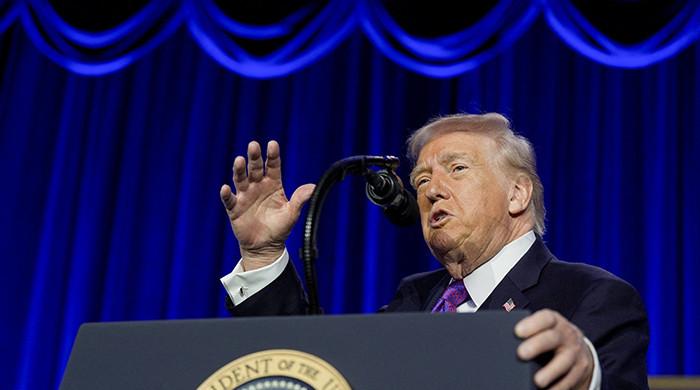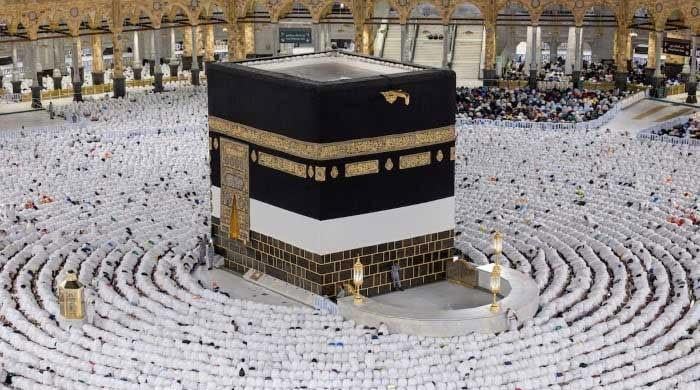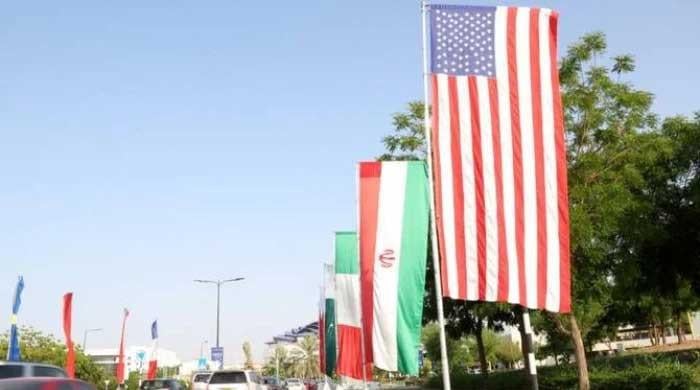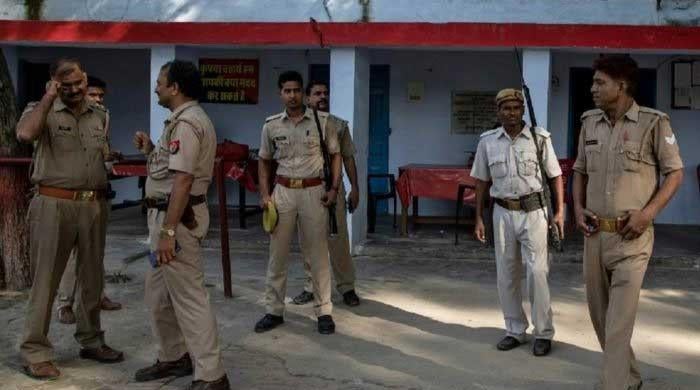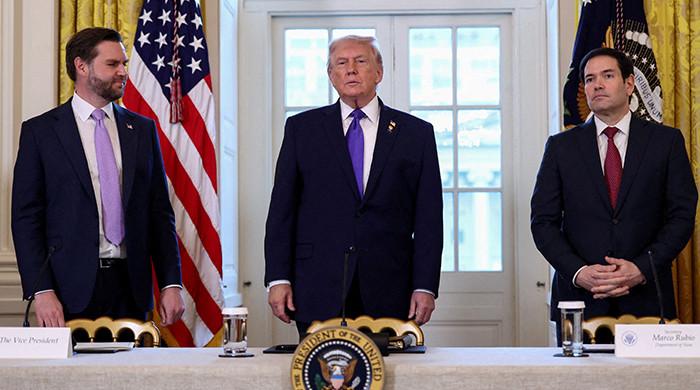US Commander admits, Zarb-e-Azb has been effective
WASHINGTON: A top US general in command of the international forces in Afghanistan said Pakistan’s ongoing military operation Zarb-e-Azb in North Waziristan has helped disrupt the Haqqani network...
November 06, 2014
Lt. Gen. Joseph Anderson a senior commander for U.S. and NATO forces in
Afghanistan noted in a Pentagon hosted video briefing from Afghanistan on Wednesday that the Haqqani network is now fractured like the Taliban.
“They are fractured. They are fractured like the Taliban is. That's based pretty much on the Pakistan [operations] and North Waziristan this entire summer-fall” he said while acknowledging the effectiveness of Pakistan’s continuing military offensive, Zarb e Azb.
“That has very much disrupted their efforts [in Afghanistan] and
has caused them to be less effective in terms of their ability to pull off an attack here in Kabul,” Anderson added.
The U.S. commander’s remarks came in response to a question, when he
was asked about the level of Haqqani network threat in the wake of Pakistani operation in the previously militant stronghold tribal area of North Waziristan.
Since its launch in June this year the Pakistani offensive has eliminated a large number of terrorists. In the briefing the U.S. general also referred to success of the Afghan National Security Forces (ANSF) against the Haqqani network, which he described as one of the many threat streams affecting security in Afghanistan.
The network he said is focused more on the high profile attack like the large vehicle borne explosives attacks.
“Well, the examples are been what the ANSF in fact has been in terms of their security operations. So they’ve been able to secure the major road networks.
They’ve worked the border crossings and they’ve kind of worked a layered ebb and flow based on all the different events that have transpired since the summertime.”
Anderson revealed that 4,634 members of Afghanistan s police and army
have been killed in action this year. That is already an increase from the total for 2013 when 4,350 members lost their lives.
“This [level of casualties] is not sustainable,” he said.




